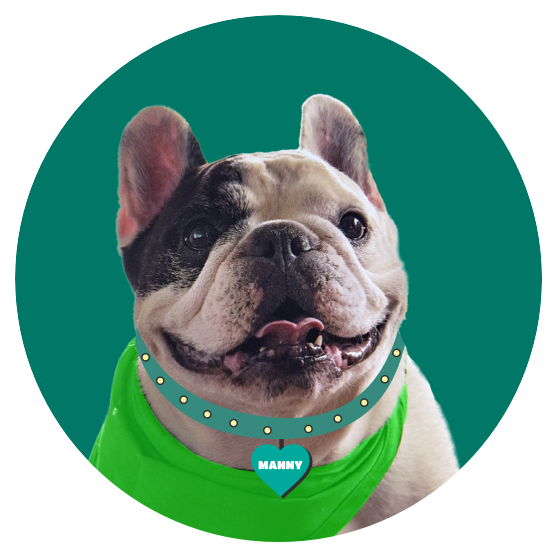Adult Care Guide
Your furry friend might always be a puppy in your eyes, but it’s important to understand how his nutritional, emotional, and physical needs change as he matures. Though breed and size can impact the transition into adulthood, puppies officially become adults when they stop growing, usually between one and two years of age. Here’s what you need to know about this stage.







